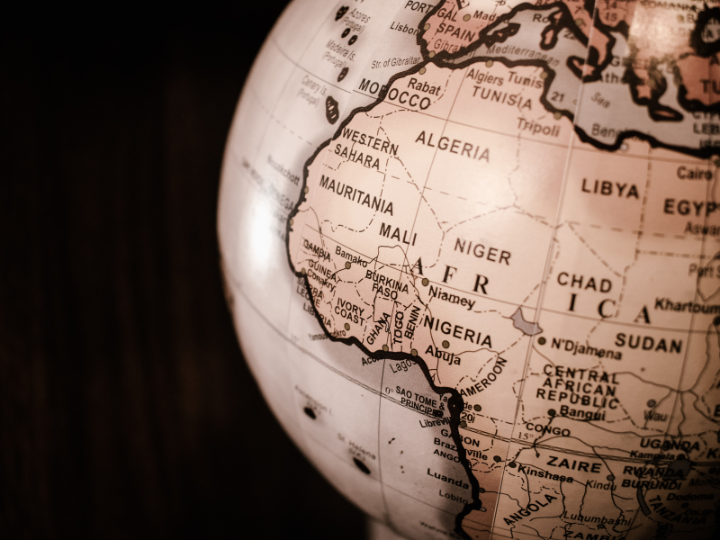by Giles Merritt*
If the European Union wishes to signal its claim to a greater global role once the Ukraine war is ended, it doesn’t have far to look. Africa needs the sort of leadership and support that only the EU can offer.
Europe’s post-colonial baggage, and the difficulties of getting 54 African states to agree on anything much, has contributed to the EU’s dwindling influence in Africa. And this slide comes at a time when China and Russia are making substantial commercial and political inroads there. Now, however, the devastating impact of Covid-19 and the costly ripple effects of Russia’s war against Ukraine threaten to bring many African economies to their knees, offering the EU a vital opportunity to re-assert itself.
The Africans’ outlook had been worsening before those two body blows, and now it’s truly alarming. The EU should massively re-assess its traditional development approach to Africa and replace it with a huge investment plan. Yes, Europe has its own pressing needs, but not only are Africa’s greater they are also of strategic long-term importance to European citizens.
By mid-century, more young people from Africa will be coming onto the shrinking global labour market than from anywhere else. The fast-changing international demographic picture is already prompting concerns that labour shortages will stifle future growth, and within the next 25 years Africa will account for more than half of all new workers. EU policymakers should be thinking hard about the economic implications, for Africa is set to be a powerful investment magnet, perhaps more so than China or India.
Financial markets have begun to take note of this. When a $750 billion eurobond was floated last year by the Africa Finance Corporation it was three-and-a-half times oversubscribed. More than 200 investors from around the world bought into the offering, yet were greatly outnumbered by disappointed would-be buyers. If the EU’s European Investment Bank had enough political support, it could doubtless tap into this pent-up demand and deliver billions more to finance Africa’s needs.
Africa has an image problem. Nobody would deny the widespread prejudice against corruption and inefficiency there, whatever the facts of individual cases. Many African countries are also trapped in a vicious circle of inadequate infrastructure, falling living standards and stagnant productivity growth. The result is that while African companies are crying out for investment funds, investors complain of the lack of ‘bankable projects’.
The EU and its institutions cannot on their own address what is in fact a widening financial gap. Although the firepower has to come from member states’ private sectors, the EU has formidable powers for the planning and mobilising of a European strategy. The international context in which it could mount such an effort is propitious, given the more inward-looking political mood in the US and the serious financial problems apparently overtaking China’s highly ambitious Belt and Road and Global Development initiatives. Many African beneficiaries of these are now trapped in bitter debt wrangles with Chinese creditors.
The EU could build on a number of ideas advanced by the International Monetary Fund and the World Bank. The IMF’s chief Kristalina Georgieva, formerly an EU Commissioner, has suggested an ingeniously painless way the rich countries grouped in the G20 could funnel more cash into African projects. She argues that if they were to reallocate just a tenth of their IMF credit instruments known as Special Drawing Rights (SDRs), that would double the extra funding needed by low-income countries that are chiefly African.
The African Development Bank points to the widening ‘financing gap’ between infrastructure projects and available finance. Only $50 billion a year is coming in to fund projects being costed at $170 billion. The stinginess of foreign governments is illustrated by the fact that, before Covid struck, the $50 billion or so sent home in remittances from Africans working abroad was substantially more than the $40 billion Africa receives every year in official development aid.
With the eyes of the world mesmerised by the Ukraine conflict, less attention than ever is being paid to Africa. Understandably, Europe and America are worried by the spreading effects of the international economic recession. But Africa’s difficulties keep on growing, not just in their sheer scale but also in their likely impact on the rest of the world. Heading off an African mega-crisis in the coming decades should be recognised as Europe’s ticket to the top table of global influencers.
*Founder of Friends of Europe
**first published in: Friendsofeurope.org




 By: N. Peter Kramer
By: N. Peter Kramer

